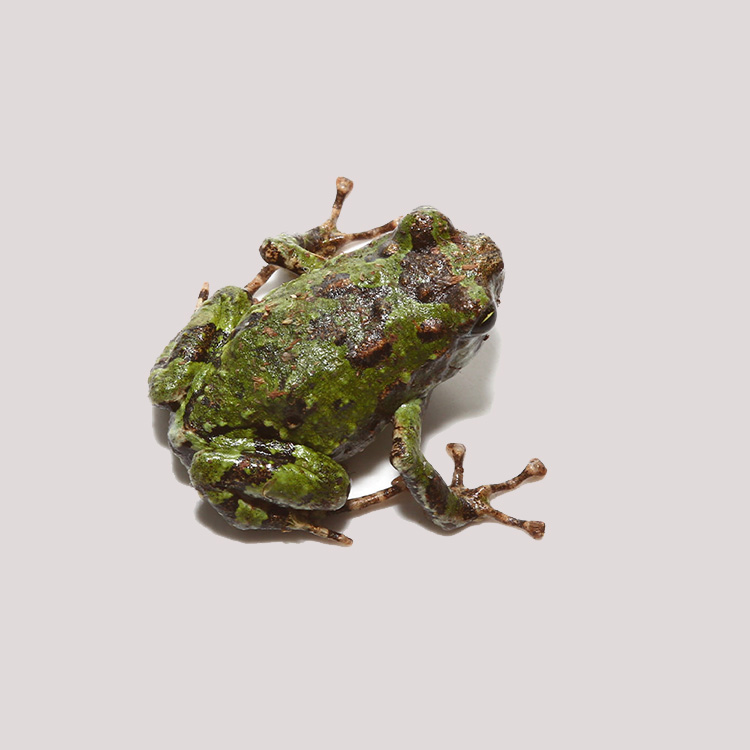Explore Rain Frog for Sale: Boost Your Pet Dog Game with a Distinct Amphibian Buddy!
Explore Rain Frog for Sale: Boost Your Pet Dog Game with a Distinct Amphibian Buddy!
Blog Article
Common Health Issues in Reptiles: Signs and Solutions
In the detailed globe of reptile treatment, understanding the typical wellness issues that might impact these unique animals is paramount in ensuring their wellness. From respiratory infections that can quietly take hold to metabolic bone illness that can incapacitate, reptiles are at risk to a range of conditions that need eager observation and timely intervention. Whether it's coming to grips with parasitic problems, navigating dehydration worries, or addressing skin conditions that materialize in refined ways, being in harmony with the signs and furnished with the knowledge of efficient remedies is important for any kind of reptile owner. By diving even more right into the subtleties of these health and wellness problems and discovering the sensible treatments offered, one can protect the wellness and vitality of these remarkable animals.
Breathing Infections
Respiratory infections in reptiles can significantly affect their total health and wellness and need prompt attention from experienced vets. These infections are commonly brought on by infections, microorganisms, or fungi and can materialize via signs such as hissing, nasal discharge, open-mouth breathing, and sleepiness. In reptiles, breathing infections can be particularly testing to diagnose and deal with because of their special anatomy and physiology. Vets commonly depend on a combination of checkups, analysis imaging, and laboratory tests to accurately determine the underlying root cause of the infection.
Treatment for breathing infections in reptiles generally entails a combination of helpful treatment, such as maintaining proper moisture levels and temperature slopes in the unit, in addition to targeted drug to deal with the particular pathogen in charge of the infection. It is essential for reptile owners to check their family pets closely for any indications of breathing distress and seek veterinary care at the earliest indication of a problem. With prompt treatment and ideal treatment, many reptiles can recoup fully from respiratory system infections and return to regular activities.

Metabolic Bone Disease
What aspects add to the development of Metabolic Bone Disease in reptiles?
Metabolic Bone Condition (MBD) in reptiles is primarily caused by an absence of appropriate calcium, phosphorus, and vitamin D3 degrees in their diet. In addition, inadequate direct exposure to UVB light prevents reptiles from synthesizing vitamin D3, which is vital for calcium absorption and bone health.
Other contributing factors to MBD include incorrect temperature level slopes within the reptile's environment, causing decreased metabolic rate and damaged calcium absorption. Inadequate moisture degrees can additionally influence a reptile's capability to metabolize calcium efficiently. Additionally, certain reptile types have certain nutritional requirements that, otherwise satisfied, can boost the chance of creating MBD. Normal vet exams, appropriate husbandry practices, and a well balanced diet are necessary to avoid Metabolic Bone Disease in reptiles.
Parasitic Problems
Parasitical invasions position a considerable wellness risk to reptiles, influencing their total wellness and needing punctual veterinary interest. Reptiles can be affected by various bloodsuckers, consisting of termites, ticks, inner worms, and protozoa. These bloodsuckers can trigger a series of signs and symptoms, such as fat burning, lethargy, skin irritability, diarrhea, and also fatality if left unattended.
One usual parasite located in reptiles is the mite, which can cause skin irritation, anemia, and stress and anxiety. Ticks are one more exterior parasite that can create and transmit conditions pain to the reptile. Internal bloodsuckers like worms and protozoa can lead to digestive concerns, poor nutrition, and weaken the reptile's body immune system.
To diagnose a parasitic problem, a veterinarian may carry out fecal tests, skin scrapings, or blood tests. Therapy commonly involves deworming medications, antiparasitic baths, or in serious cases, a hospital stay. Preventative actions such as regular vet exams, appropriate health, and quarantine procedures for new reptiles can assist lessen the risk of parasitical invasions and make sure the well-being of reptile pets.
Dehydration and Hydration Issues
Dehydration in reptiles can considerably affect their health and wellness and wellness, demanding prompt intervention and suitable hydration management. If left unattended, dehydration can lead to severe health concerns and even be fatal to the reptile.
To avoid dehydration, reptile owners must make sure that their pet dogs have accessibility to tidy water at all times. The water dish must be huge enough for the reptile to take in if needed, particularly for varieties that soak up water through their skin. In addition, maintaining appropriate moisture levels in the reptile's room and offering regular bathrooms can assist prevent dehydration.
In instances of dehydration, it is essential to seek vet treatment immediately. A vet might provide fluids either orally or through shots to rehydrate the reptile. It is necessary to attend to the underlying reason of dehydration to avoid reoccurrence and make sure the reptile's total wellness.
Skin Disorders

Verdict

Respiratory system infections in reptiles can significantly Our site affect their total health and wellness and require punctual interest from knowledgeable veterinarians (rain frog for sale). Preventative actions such as regular veterinary exams, proper health, and quarantine procedures for brand-new reptiles can aid reduce the danger of parasitic infestations and guarantee the health of reptile pet dogs
If left unattended, dehydration can lead to severe health problems and also be fatal to the reptile.
On a regular basis evaluating your reptile for any kind of changes in skin color, texture, or appearance read this post here can assist in early discovery and treatment of skin disorders, advertising the overall wellness and well-being of your scaly friend. - rain frog for sale
In conclusion, reptiles are vulnerable to numerous health and wellness concerns such as respiratory infections, metabolic bone illness, parasitical infestations, dehydration, and skin ailments.
Report this page